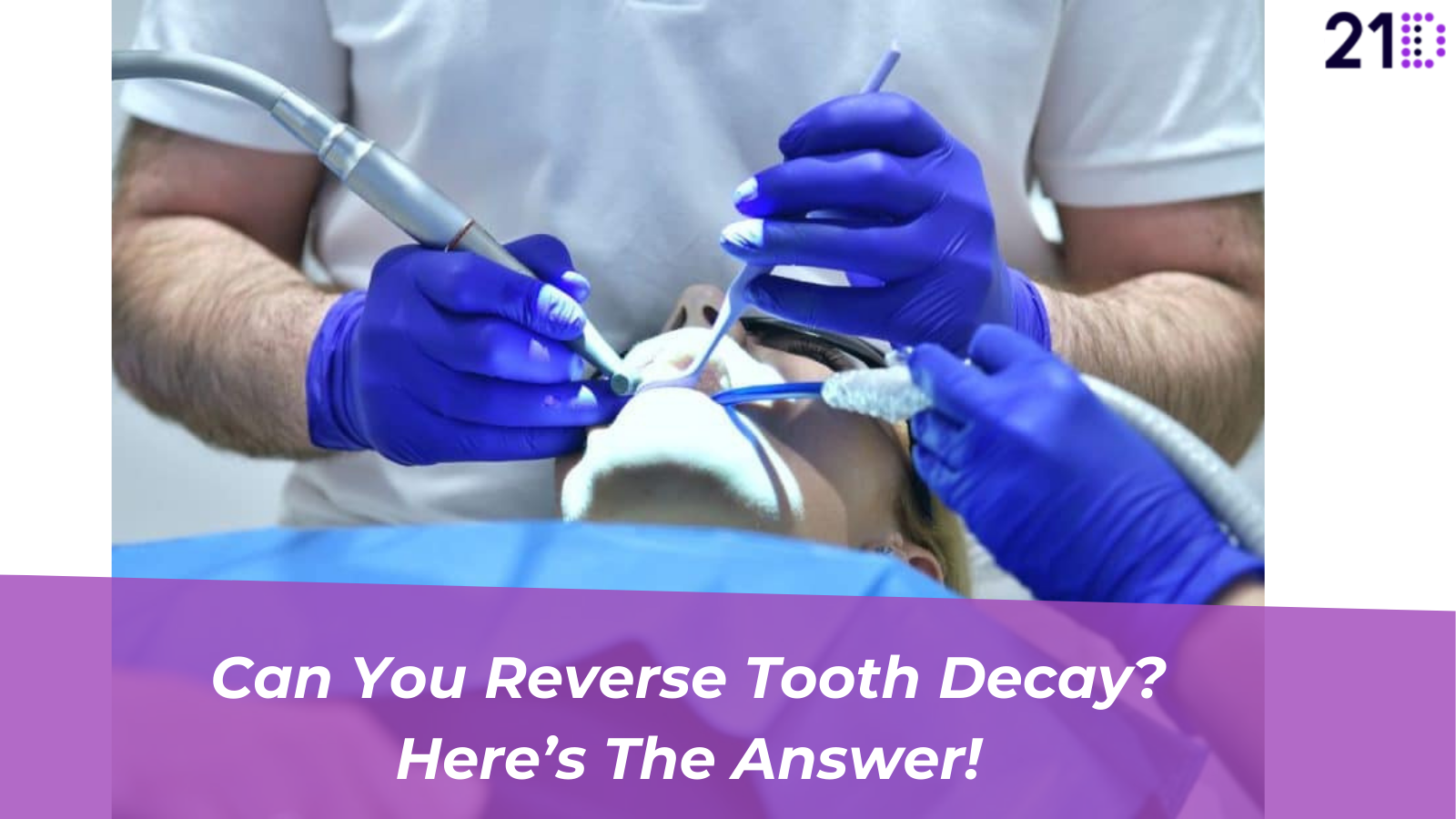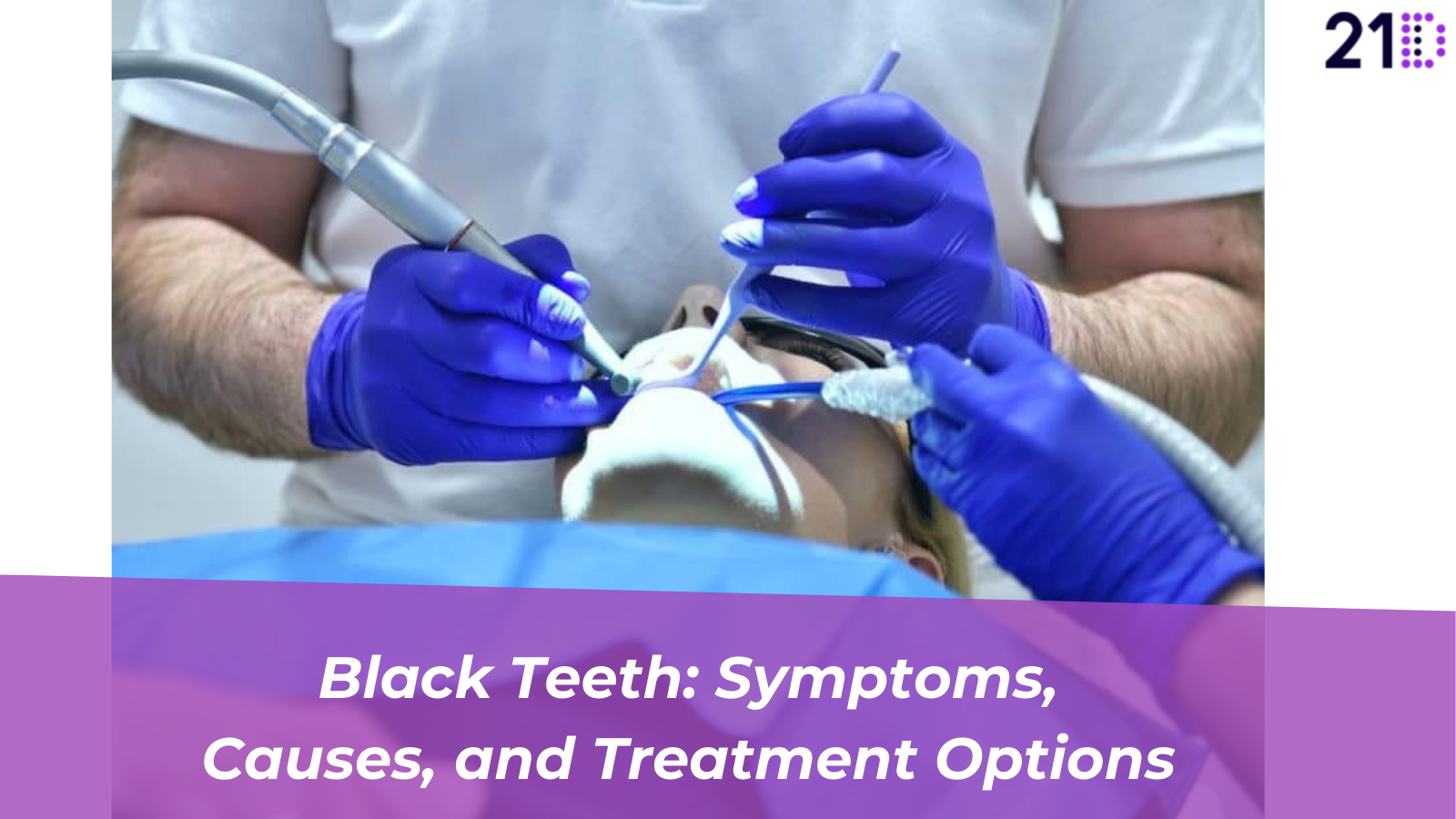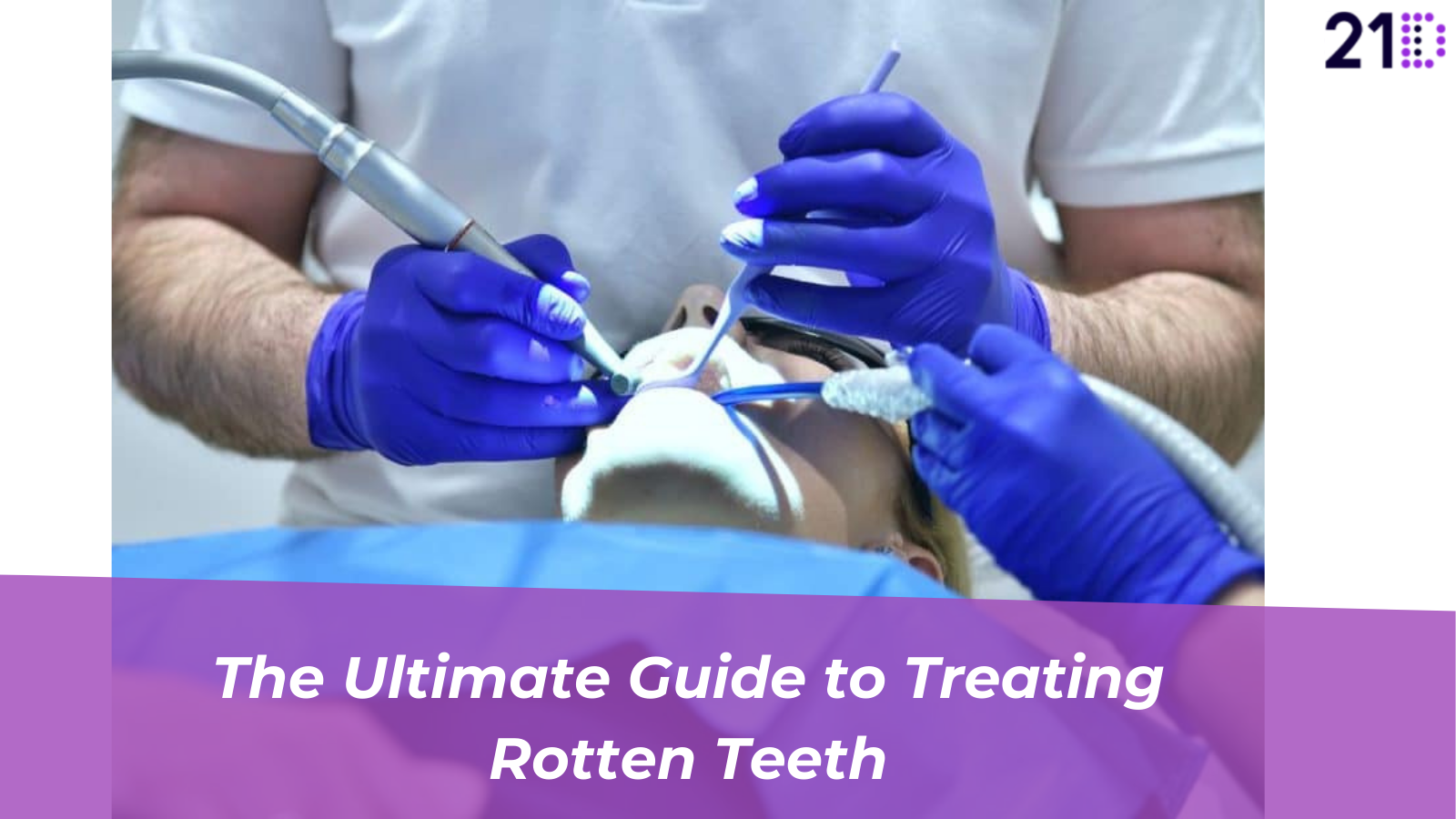As the Dental Implantation technique has phenomenally advanced over the last few years, it has provided a healthy and durable smile to many suffering from tooth loss. It has become one of the most popular and trusted dental replacement methods. Besides the high success rate of this technique, its efficiency can only be ensured by proper post-surgical care. One of the most critical factors of the after-surgery routine is abstaining from various dairy products. But why no dairy after a dental implant? Let’s find out in the following sections:
You may like this too: Can I drink milk after tooth extraction
What Are Dental Implants?
Before we discuss why no dairy after a dental implant, let us understand the pros and cons of dental implants; a dental implant is a surgical treatment to replace a missing tooth (or teeth) with a customised artificial crown that gives out a natural look and feel resembling the original set of teeth. It also has excellent functionality similar to that of the lost tooth.
The implantation is carried out broadly in three steps divided into multiple appointments. The process is initiated by implanting a small titanium post serving as a root for the crown and taking a firm ground into the jawbone.
Secondly, an abutment (simply a connector) is installed to maintain an integration between the implant and the crown. A crown (a customised fake tooth blending with the original set of teeth) is fixed. A dome is the only visible part that renders an aesthetic quality to the teeth and provides excellent functionality similar to the missing tooth.
Dental implantation stands out from the other teeth replacement methods as it allows for exceptional durability, functionality, and natural oral aesthetics to the person.
Can You Have Dairy Products After Implants?
We know dairy products are the total nutritional values needed for the body to conduct various metabolic activities. Dairy products are often considered paediatricians’ favourite foods when prescribing a healthy diet for children.
But dairy foods, often regarded as nutritious and beneficial for any age group, fall precisely on the other side of the game when consumed after a dental implant. Dairy products can cause a hindrance and cause a delay in the healing process after dental implantation.
Therefore, it is advised to avoid consuming dairy products in the early stages of post-surgical dental care. Look at other vital reasons for no dairy after a dental implant.
Why Should Dairy Be Avoided After Dental Implant?
Consuming dairy products may affect your dental healing process in the following ways:
Potential Infection Risk
The site of the dental surgery is most likely to be attacked by various infectious agents in the initial stages of the post-surgery healing period. During this time, intake of dairy products may accelerate the growth of harmful bacteria on the surgical site. Breeding of such bacteria could be a potential threat to your overall oral health.
The Antibiotic Effect
Another reason that answers the question of why no dairy after a dental implant is the ‘antibiotic effect’. Dentists often prescribe an antibiotic course to be followed strictly after the surgery. This is usually a proactive measure to alleviate the pain and prevent infection. However, the interaction of dairy product nutrients like calcium with the various components of the prescribed antibiotics often needs to improve the efficiency of these medicines in getting the desired results.
Dairy Products Promote Inflammation
Inflammation is a general response of any bodily tissue during the healing period after being operated on. Dairy products containing higher amounts of saturated fats often fuel inflammation. This can cause severe pain and discomfort at the operation point. Inflammation caused by the consumption of dairy products results in a delay in the healing process.
How Dairy Works With Antibiotics?
Dairy products significantly affect the ability of antibiotics to achieve desired results in the following ways:
Interference And Absorption Of Antibiotics
Dairy products can be compared to nosy neighbours, who interfere in irrelevant matters and try to manipulate the happenings. Dairy foods like yoghurt and milk are full of calcium, which tends to interact with several antibiotics like tetracyclines and reduce their effectiveness. Calcium also engulfs and absorbs the antibiotic elements, resulting in slower recovery of the surgical site.
Implant Rejection
The possible interaction of calcium and magnesium present in dairy products with antibiotic medicines may result in a severe problem of ‘implant rejection’. Implant rejection is a situation wherein the body refuses to accept the new dental implantation and does not reciprocate the attempts of its integration with the living jawbone. In case of implant rejection, the whole process has to be re-initiated, which can be harsh from physical and economic points of view.
Potential Infection Threat
Antibiotic interaction with consumed dairy foods could reduce the chances of a smooth healing process and may lead to bacterial breeding. The bacteria breed on growth fuel provided by the dairy items and can cause a potentially severe infection threat, which could affect the health of the dental implant.
Does Dairy Affect Blood Clotting and Inflation?
Here’s another reason for the lasting question: why is there no dairy after a dental implant? And that is dairy foods’ effect on blood clotting:
How Blood Clotting Helps
Blood Clotting plays a crucial role in healing after a dental implant surgery. Generally, blood clots are formed at the operated area and protect the underlying bone and nerve endings. It also acts as a catalyst in the healing process.
Calcium Interrupts
Consumption of dairy products during this crucial process of the formation of blood clots at the surgical site jeopardises healing. Calcium interrupts the blood clotting process and consequently affects every positive impact it has on the post-surgical care routine.
Long-Term Bleeding
Interference of lactic elements in blood clotting causes long-term bleeding, eventually increasing the moisture in the oral cavity. This poses a potential threat of severe infection and disturbs the post-dental implant healing process.
Alternative Products You Can Have Instead Of Dairy Products
If not dairy, then which food products would make up for the nutritional value it provides and at the same time won’t cause a disturbance to your brand-new ‘smile’? Here’s a list of some better alternatives:
Plant-based Products
Products having a ‘green origin’ could come to your help when the need arises to make up for the missing nutrients. Almond milk, Soy milk, and Oat milk are some of the best plant-based food items for getting your daily dose of calcium and other proteins.
Bone Broth
For all human meat lovers, bone broth is one of the best food choices to make when you have lovely teeth and are on a rest. Highly nutritious and rich in calcium, magnesium, and phosphorous, it would make a good and fulfilling breakfast and help your implant in a speedy and permanent recovery.
Green Leafy Veggies
You don’t have to wander for nutrients if you can make some place for tofu, dark green leafy vegetables, and some salmon and sardines with bones on your plate. These plant and animal-based foods could beat all your diet plans and catalyse your dental recovery process to a great extent. Also, all of this comes with a lot of taste buds pleasures.
The Conclusion –
Dental implants are a comparatively intrusive procedure, and you will need to heal properly and thoroughly to avoid any discomfort. But if you consume milk or dairy products after the procedure, you will mess up the healing process. It is important to carefully do or eat things as prescribed by the doctor to see a fast recovery.




